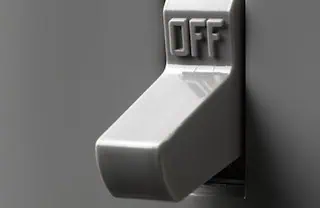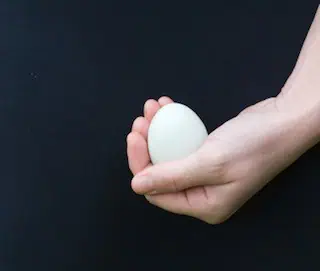 Struggling with hair loss? There’s no one-size-fits-all treatment because there’s no one-size-fits-all cause.
Struggling with hair loss? There’s no one-size-fits-all treatment because there’s no one-size-fits-all cause.
To find your hair loss solution, you need to think through nine different factors.
Lara Briden - The Period Revolutionary
Leading the change to better periods and hormones
A survey of the benefits and side effects of hormonal birth control including natural alternatives for contraception and the treatment of period problems.
 Struggling with hair loss? There’s no one-size-fits-all treatment because there’s no one-size-fits-all cause.
Struggling with hair loss? There’s no one-size-fits-all treatment because there’s no one-size-fits-all cause.
To find your hair loss solution, you need to think through nine different factors.

The pill was an important step in our struggle to legalize contraception. I celebrate that, of course. Hormonal birth control can also be medicine for debilitating conditions such as severe endometriosis and very heavy periods. I celebrate that.
What I don’t celebrate is the distorted message that hormonal birth control is the only birth control. And I don’t celebrate its widespread prescription as “hormone balance” for any hormonal symptom that might arise in women and teenage girls.

I invite you to think differently about polycystic ovary syndrome (PCOS) and the types of PCOS.
PCOS is not one thing. It is not one disease. Instead, PCOS is a set of symptoms, with the key symptom being impaired ovulation which leads to androgen excess or a high level of male hormones. Androgen excess then causes the common PCOS symptoms of hair loss, hirsutism, and acne.
To treat PCOS you must first ask: “Why, in your particular case, do you not ovulate?”

Ovulation is beneficial because it’s how women make hormones.
Every month, as the ovaries get ready to release an egg, they pump out estrogen. Estrogen, in turn, stimulates serotonin, which is why women can be more outgoing and energetic in the few days leading up to ovulation.
Every month, after ovulation, one of the ovaries releases a huge amount of progesterone—the calming, soothing, anti-inflammatory hormone.